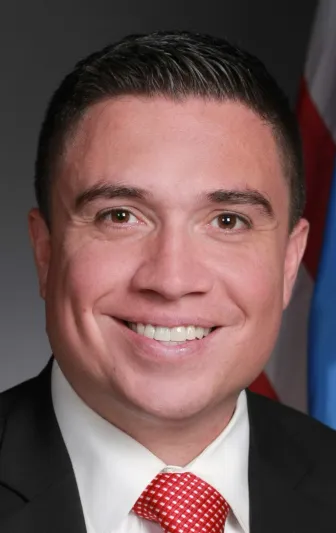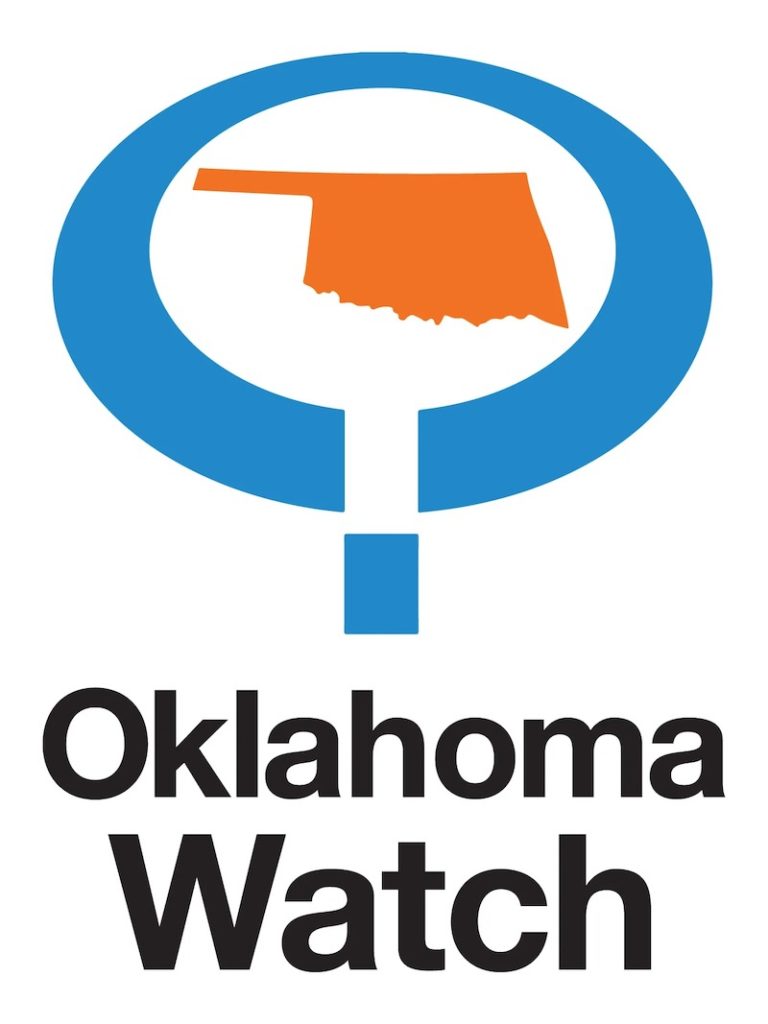Last Updated on August 6, 2023, 2:53 AM | Published: July 17, 2022
OKLAHOMA CITY (Free Press) — Republican legislators passed a law lowering taxes for businesses, but critics say it comes at the expense of jobless Oklahomans.
The law, which passed along party lines in both the House and the Senate, cuts the maximum number of weeks that unemployed Oklahomans can receive financial support from 26 to 16 starting Jan. 1.
Right now, Oklahoma offers the same number of weeks in unemployment benefits as 40 other states. But when House Bill 1933 takes effect, only four states will offer fewer weeks of emergency income to those looking for a job.
Oklahoma Watch requested interviews with the law’s author and all five sponsors. None of them responded.
The bill’s supporters told other media outlets that fewer weeks of support for Oklahomans will save businesses money by cutting their unemployment taxes, which are based on the number of claims paid against them. That savings will allow companies to raise their wages, legislators said. But there are no guarantees that will happen and lawmakers haven’t raised the state’s minimum wage of $7.25 per hour since 2009.
Cutting the time Oklahomans can receive unemployment help by nearly 40% won’t save the state money since those payments do not come out of the annual budget, according to a fiscal impact review. Oklahoma employers pay into a large trust fund and benefits are paid from the trust.
Democratic lawmakers and an Oklahoma City-based attorney representing the unemployed said the reduction in benefits could force jobless Oklahomans to take low-paying work out of desperation.

Sen. Michael Brooks, D-Oklahoma City, said many Oklahomans can’t afford to go back to work.
“I think that there was a presumption that our unemployment benefits were too generous and I think that’s probably wrong,” Brooks said. “I think there are real-world issues, like trying to find childcare and making those arrangements to get back to work.”
Nearly 11,000 Oklahomans were receiving unemployment assistance the last week of June, according to the state’s most recent count. That same week, an additional 1,749 new claims were filed.

Rep. Ryan Martinez, R-Edmond, is the bill’s author and said his goal is to remedy the worker shortage.
“You can’t find an industry in the state of Oklahoma right now that is not begging for anybody to come and work for them,” Martinez told The Journal Record in May. “Let’s make it make financial sense for somebody to go take one of those jobs.”
Workforce participation is at its highest point in state history, according to the latest data published on the Oklahoma Employment Security Commission website.
And unemployment is reaching 20-year lows. The unemployment rate in Oklahoma was 2.8% as of May 2022 – up from 2.6% in February, which is the lowest rate in more than 20 years.
Attorney Kathy Bushnell represents Oklahomans who have been denied benefits or were mistakenly paid benefits without qualifying during the height of the pandemic. She said the new law benefits employers while leaving workers’ needs unmet.
“Oklahoma is all about businesses,” Bushnell said. “Screw the little guy. That’s what I see when I read this bill.”
Employers’ tax rates are based on a percentage of their total payroll and are determined by the number of claims. Fewer weeks of unemployment benefits for Oklahomans means fewer claims against any one employer, resulting in lower tax rates.
The law also has a second component starting in 2025 that will base the number of weeks available to the unemployed on the number of approved claims. The number of weeks will fluctuate between 16 and 21, increasing as claims go up and decreasing as they go down.
The Oklahoma State Chamber of Commerce, which dubs itself the leading statewide advocate for businesses, pushed for the bill.
State Chamber CEO Chad Warmington said Oklahoma’s economy is doing well. He said wages are rising and there are plenty of private sector jobs that are available and going unfilled.
“Our view is that the system shouldn’t be so benefit-rich as to be a deterrent from people going back to work,” Warmington said.
Wages increased about 6% in Oklahoma from 2019 to 2021, according to the most recent Bureau of Labor Statistics data. Nationally, during the same time, wages went up about 9% bringing the average annual salary to $58,260 nationwide compared to $48,360 in Oklahoma.

Bushnell said unemployment insurance is largely misunderstood as a state benefit.
“It’s not a government handout,” she said. “If you’re getting benefits it doesn’t mean you’re taking anything away from someone else. It’s an earned benefit. You wouldn’t think twice about filing for workers’ compensation or disability payments.”
Chakara Winston lost her job making $50,000 per year during a corporate merger in February. She lives in a five-bedroom, three-bathroom house with her seven children and partner. She spends about $500 every two weeks at the grocery store. Her partner brings home an unsteady income working construction jobs, which are weather dependent.
“We already stopped doing a lot,” Winston said. “No vacations, no family outings, we’ve been going to the park, but no cookouts, no parties, no nothing.”
The family lived off of Winston’s savings for nearly four months while she searched for jobs with a comparable salary. But last month, she realized soon she wouldn’t be able to afford her $2,230 mortgage payment.
Winston filed for unemployment assistance on June 21. She also applied for other government support, including Supplemental Nutrition Assistance Program and Temporary Assistance for Needy Families.

Lacey Emmerson is a kitchen manager at Alcott Middle School in Norman, a single mother of four who relies on unemployment for 12 weeks each year during the summer break. She said she sees where Republican lawmakers are coming from.
“As a manager, I am short-staffed all the time because people don’t want to work,” Emmerson said. “I’ve taken jobs in my past that I didn’t want to take, but if you’ve got bills, you have to.”
For Winston, that logic doesn’t work. She said she cannot work at a job that doesn’t pay her bills. She said she needs to make $23-$25 an hour to support her family.
Brooks said the worker-shortage problem has less to do with an unwilling workforce and more to do with Oklahoma’s $7.25 minimum wage being artificially low and stagnant since 2009.
“To work a full-time job and be paid a living wage, given inflation and everything else that’s going on, it’s not possible with the minimum wage that we have,” he said. “I think in Oklahoma, sometimes we try and sell ourselves because we have a low cost of living, but I think sometimes we sell our workers short.”
Published in partnership with Oklahoma Watch under Creative Commons license. Free Press publishes this report as a collaborative effort to provide the best coverage of state issues that affect our readers.
Caption for feature photo: Sabria Blackwell, a Career Coordinator at the Oklahoma Works American Job Center in Oklahoma City, took a call on July 6. Oklahomans can file unemployment claims or appeals, find job postings and receive training and other guidance at the center. (Lionel Ramos/Oklahoma Watch)
Corrections: The original version of this report from Oklahoma Watch said that Oklahomans pay into the trust fund and further down that employers’ tax rates are paid according to the number of persons laid off. We have updated this report per requests from Oklahoma Watch to show that employers pay into the trust fund and that employers’ tax rates are based on the number of claims.
Lionel Ramos is a Report for America corps member who covers race and equity issues for Oklahoma Watch. Contact him at (210) 416-3672 or [email protected]. Follow him on Twitter at @LionelRamos21











